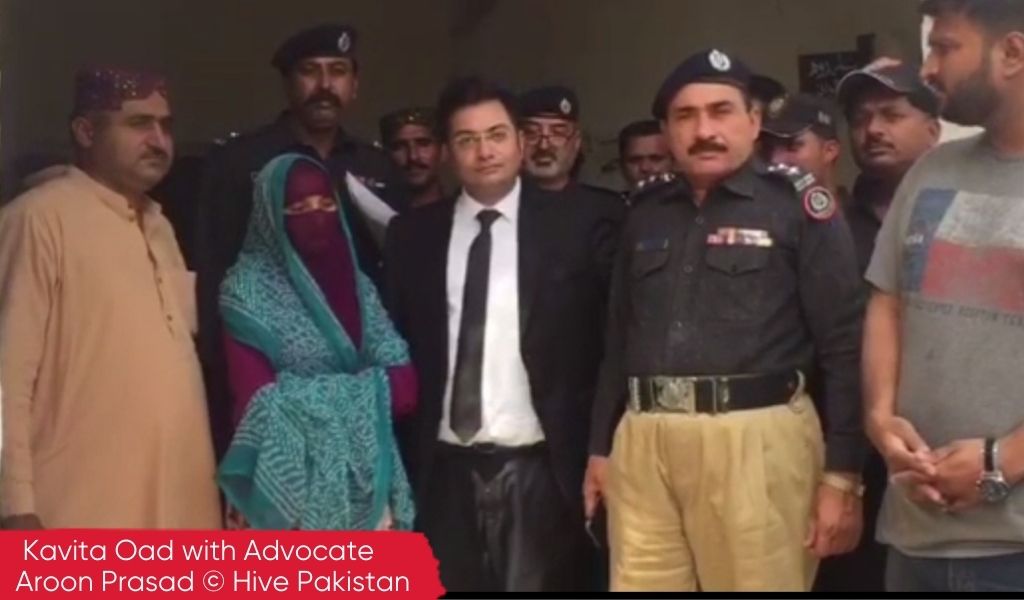Last year, the IDS-led CREID programme shared alarming findings on a largely unreported phenomenon – “ideologically motivated sexual grooming”, described in its paper on ‘Invisible Targets’. Earlier this month, 13-year old Kavita Oad was sadly yet another girl from a poor Hindu family who has been forcibly abducted, converted and married in Pakistan. In a new CREID Briefing Note (PDF), researchers Maryam Kanwer and Jaffer Abbas Mirza describe how her abduction is part of a systematic campaign, exploiting legal loopholes and targeting women and girls from poor religious minority families.

Since January 2021, at least four Hindu girls have been abducted and forcibly converted. According to one report around 162 Hindu and Christian girls have been converted in Pakistan between 2013 and 2019. Perpetrators largely get away with it because the women and girls come from poor families who may not have the means or ability to challenge them in court. Where parents do put a case forward, violence is often used to intimidate the family. In Kavita’s case, her family was assaulted, her younger brother injured and their valuables were stolen, despite the family already belonging to a financially marginalised class.
The problem is compounded by legal loophole: Kanwer and Mirza write how courts are unable to challenge the framing of forced conversions as ‘consensual marriage’ despite knowing the role of coercion and the threats used by the perpetrators. Subsequently, it all boils down to the testimony of an abducted girl who is threatened and surrounded by a hostile mob. The most these courts do is to send these girls to ‘safe shelters’ (Darul-Aman), which are not safe at all.
In a recent blog on ‘the truth behind disappearing women’, CREID Director, Professor Mariz Tadros, warned that such cases are not limited to Pakistan, but the critical issue in Pakistan was that the law not only enables the process of these disappearances but in many cases legitimises the new status quo.
Kanwer and Mirza urge for the adoption of the following measures to curb and end forced conversions:
- The first and the most basic is to accept and acknowledge that forced conversions are happening in Pakistan and that the perpetrators are conducting them with impunity.
- Secondly, all provinces must pass legislation against forced conversion
- Lastly, the so-called safe shelters must actually be safe. They must be spaces free from fear and the involvement of the accused in forced conversion and marriage cases.